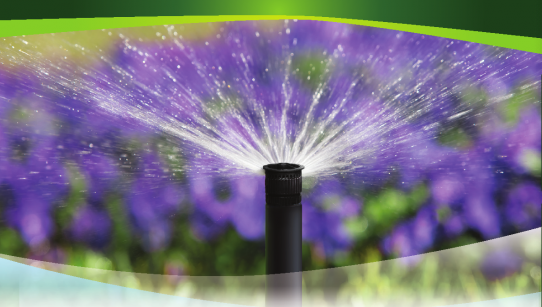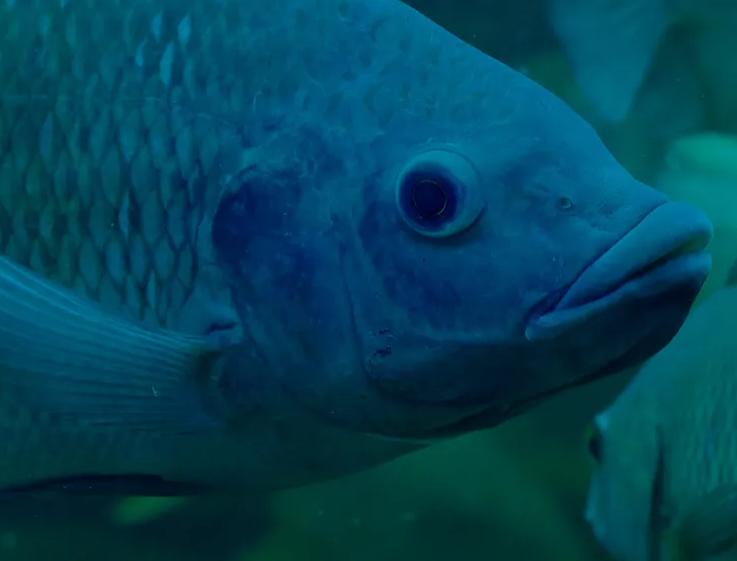Everything You Need To Know About Pool Filters
Everything You Need To Know About Pool Filters
Pool
filtration is a crucial part of pool maintenance as it helps keep the water
clean and clear for swimming. A pool filter is a device that removes dirt,
debris, and other contaminants from the water. There are three main types of
pool filters: sand filters, cartridge filters, and diatomaceous earth (DE)
filters.
Sand
filters are the most
common type of pool filter. They work by trapping dirt and debris in the sand
bed, which is then backwashed periodically to flush out the trapped debris. The
sand bed typically needs to be replaced every 3-5 years, depending on usage and
maintenance. Sand filters are relatively inexpensive and easy to maintain,
making them a popular choice for many pool owners.
Cartridge
filters work by
trapping dirt and debris in a pleated filter cartridge. They are typically more
efficient than sand filters and require less maintenance, as the cartridges
only need to be cleaned or replaced once or twice a season. Cartridge filters
are more expensive than sand filters, but they are also more effective at
removing smaller particles from the water.
Diatomaceous
earth (DE) filters work
by coating a grid of filter elements with a fine layer of DE powder. The DE
powder traps dirt and debris as the water passes through the filter, creating a
highly efficient filtration system. DE filters are the most expensive type of
pool filter, but they are also the most effective. They require more
maintenance than sand or cartridge filters, as the DE powder needs to be
replaced periodically, and the filter elements need to be cleaned regularly.
The choice
of pool filter will depend on individual needs and preferences. Sand filters
are typically used for smaller pools or above-ground pools, while DE filters
are typically used for larger pools. Cartridge filters are a good choice for
those who want a more efficient filter but do not want to spend the extra money
on a DE filter.
Pros and
Cons of Filters;
|
Type |
Pros |
Cons |
|
Sand
Filters |
|
|
|
Cartridge
Filter |
|
|
|
Diatomaceous
Earth (DE) Filters |
|
|
No matter
what type of pool filter is chosen, proper maintenance and sizing are essential
for optimal performance. A filter that is too small for a pool will not be able
to keep the water clean and clear, while a filter that is too large will be
inefficient and waste energy. It is important to follow the manufacturer's
instructions for maintaining a filter, including backwashing or cleaning the
filter elements as necessary.
In
conclusion, pool filtration is an important aspect of pool maintenance that
should not be overlooked. The choice of pool filter will depend on individual
needs and preferences, but proper maintenance and sizing are essential for
optimal performance. With the right pool filter and proper maintenance, the
water in a pool can remain clean and clear for enjoyable swimming.







.png)




No comments yet